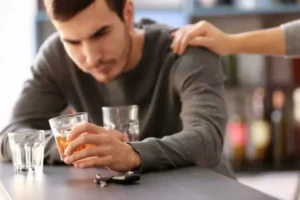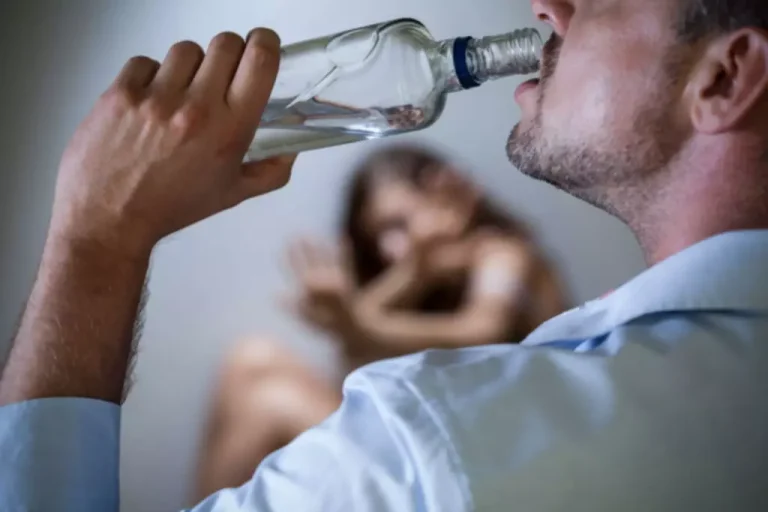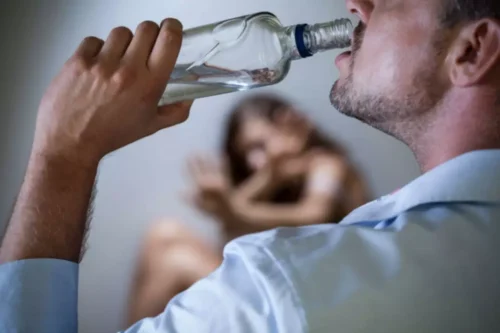
In this way, alcohol can act as a magnifying glass, amplifying emotions that are already there but have been pushed aside. As well as being linked to aggression (and making it more likely you could be on the receiving end), binge drinking harms your physical and mental health. One way to have a bit less is to alternate alcoholic drinks with a soft drink or water. But don’t get me wrong – being an ‘angry drunk’ doesn’t mean someone is necessarily violent or dangerous all the time. Many factors come into play here like amount consumed, frequency of drinking and personal temperament.

Understanding Anger and Aggression
Now let’s consider body language as well – it’s surprisingly revealing! Angry drunks might clench their fists or jaws, have a tense posture, and avoid eye contact – all signs of hostility and aggression. Happy drunks display open body language; relaxed postures and wide smiles being common indicators. As we continue to drink, the alcohol starts to affect different parts of the brain, especially those responsible for aggression and self-control. It’s like the brain is on a wild roller coaster ride — one minute we’re peacefully cruising along, and the next, we’re rocketing down a steep slope with the wind screaming in our ears. The best decision you can make is often the most difficult because it may involve putting your life, your family and your career on hold.
…But they also might make you aggressive, restless, tearful, and nauseous
For example, if a person goes into a drinking experience with the expectation of alcohol helping them pick a fight with a partner later, that’s then likely to happen. More than 40% of people said they felt “sexy” after drinking spirits. Differences in emotions varied between countries, with the highest association with feeling energised, relaxed, and sexy being the South American sample from Colombia and Brazil. While alcohol abuse can have severe consequences and lead to long-term damage and even death, some of the effects can be reversed when you stop drinking. If you have been abusing alcohol and want to stop, be assured that treatment exists. Legacy Healing Centers is a state-of-the-art alcohol treatment facility that can help you begin your path to recovery.

Breaking Free from Self-Imploding Behaviors: Signs, Causes, and Solutions That Work

Unfortunately, alcohol why does alcohol make you angry can hinder your brain’s ability to accurately identify threats, while also weakening its ability to suppress anger and other fight or flight responses. Thus, you may be more likely to act aggressively in response to perceived threats that don’t actually exist. Our treatment specialists will evaluate you and determine a treatment plan to help you overcome your addiction. We offer a partial hospitalization program and inpatient treatment to provide the support you need.
- I’ve spent time researching and observing, trying to understand why some people turn into angry drunks while others become happy ones.
- Consuming alcohol can serve as a distraction from a range of negative feelings, including anger.
- By perpetuating such behavior, people can end up damaging meaningful relationships — yet another effect of alcohol-based aggression.
- You’ve probably noticed (or observed) that you say and do things when you’re drinking alcohol that you wouldn’t normally say or do.
- Glutamate (a neurotransmitter that increases brain activity and energy levels) gets suppressed, while GABA (which reduces energy levels and calms the brain) is enhanced by alcohol.
- Aggression refers to a range of behaviors that can result in both physical and psychological harm to yourself, others, or objects in the environment.
What Is the First Step For the Treatment of Alcoholism?
- Maybe your friend is under a great deal of stress and their insulting you is out of character.
- For example, if you’re intoxicated, you might perceive someone bumping into you by accident as a provocation and respond aggressively.
- In 2011, nearly one in three violent acts in Germany was committed under the influence of alcohol (31.8%).
- Less severely, booze makes us a bit nastier than normal; our criticisms become more cutting, our anger feels more palpable, and our tolerance for frustration evaporates.
If someone’s harboring anger or frustration before drinking, it’s likely those feelings will surge once they’re under the influence – hence becoming an ‘angry drunk’. Conversely, if someone starts drinking in a jovial mood or high spirits, they may remain cheerful throughout – making them what we call ‘happy drunks’. Some studies highlight the impairment caused by alcohol consumption on processing emotional faces. They first consumed alcohol and were asked to recognize the emotions of different faces on a computer task. Specifically, they exhibited a reduced capacity to detect sadness and fear and a reduced tendency towards seeing happiness. While the study did not support a significant difference between groups high and low in anger, these results support the notion that such impairment in facial recognition may contribute to aggressive responding.

Physical discomfort from dehydration, headaches, and poor sleep quality can further contribute to irritable moods. If a health professional has diagnosed you with anger management problems, you may find these get worse when you drink. Alongside quitting alcohol, you could benefit from attending an anger management alcohol rehab support group. Typically, support groups have professional leaders, like social workers or psychologists, so you can ensure you’re getting expert advice.
